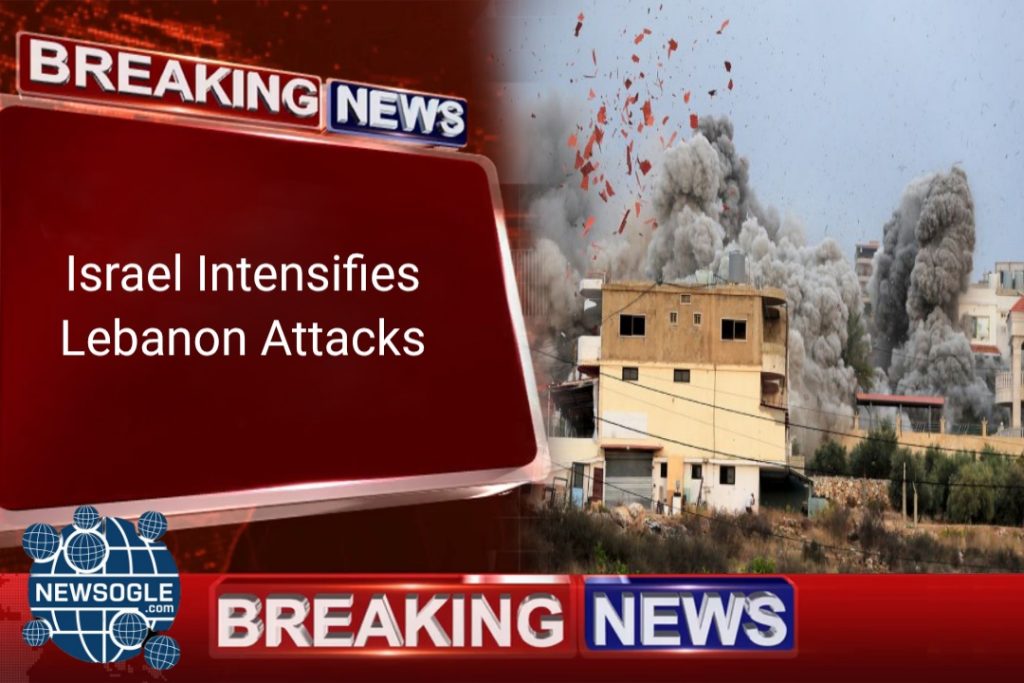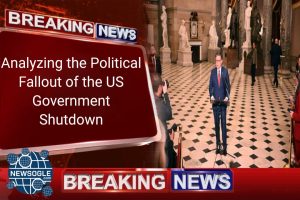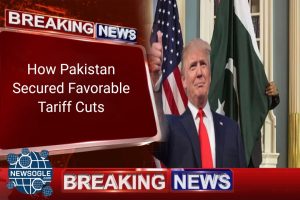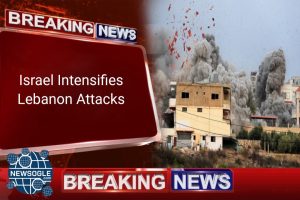
Daily Strikes Undermine Disarmament Efforts
BEIRUT, Lebanon – Despite a ceasefire agreement reached in November 2024, Israel has significantly intensified its daily military strikes against Lebanon, prompting analysts to question whether Tel Aviv is positioning for a broader conflict. While Israel claims its actions are a response to the Lebanese Armed Forces (LAF) moving too slowly to disarm Hezbollah, political experts argue that Israel’s own persistent ceasefire violations are undermining Beirut’s genuine efforts toward state control of the group’s weapons.
The Lebanese government has taken the “historic decision” to task the LAF with disarming Hezbollah, a move widely supported by many critics of the powerful group. However, analysts, including Karim Emile Bitar, point out that Israel has not upheld its end of the bargain, refusing to withdraw from five occupied Lebanese hilltops and continuing near-daily aggression that has killed over 100 civilians since the ceasefire began.
The relentless Israeli attacks have severely disrupted the LAF’s disarmament operations, leading Commander Rodolph Haykal to propose suspending the initiative. This continuous maximalist pressure, Bitar notes, only strengthens the arguments of Hezbollah hardliners who view the aggression as proof of Israel’s territorial ambitions.
Hezbollah’s Weakened State and War Calculus
While Hezbollah—once the strongest political and military actor in Lebanon—is weakened following the 2024 war (which decimated its leadership and infrastructure, and cut off key smuggling routes), the group remains a potent force. Hezbollah leader Naim Qassem has warned that “everything has its limits” in the face of sustained Israeli aggression.
However, analysts are skeptical that Israel will launch a full-scale war similar to last year’s conflict. Key targets, including Hezbollah’s main leadership and smuggling networks, have already been severely impacted. Rabih Dandachli argues that another war would be “costly and useless” due to the lack of clear, attainable military objectives and the fatigue from the prolonged conflict in Gaza.
The true risk, according to experts, lies in Israel’s domestic politics. With legislative elections approaching in 2026, attacking Iran’s regional allies, like Hezbollah, remains a politically popular move. This dynamic suggests that the current intensification of strikes is driven by a willingness to maintain pressure and continue the headlong rush toward conflict, rather than a clear strategic objective. International pressure from actors like France, the Vatican, and Saudi Arabia may be the only force capable of stabilizing the fragile border and supporting the LAF’s complex disarmament mission.

Aleda Kawis is the Professional Journalist and serving in the field since 2012. She keeps extensive experience as investigating journalist and media influencer.





